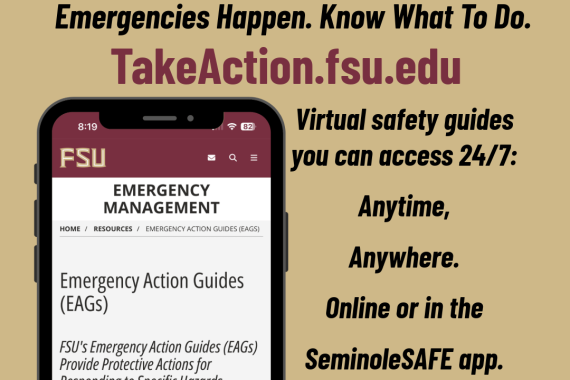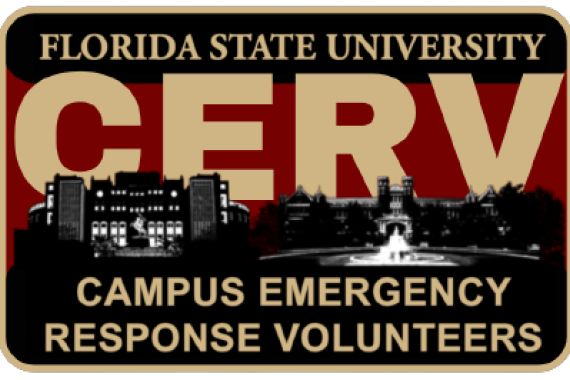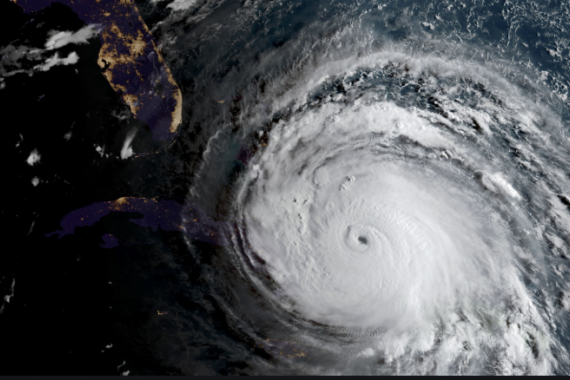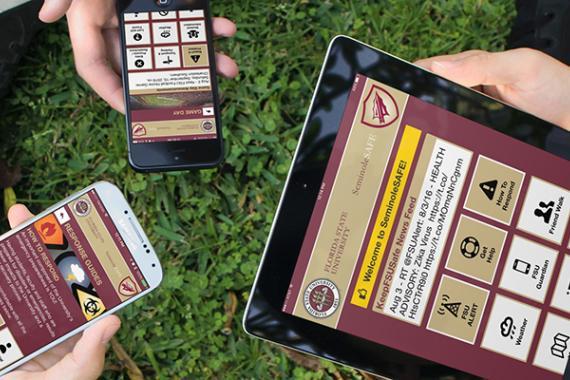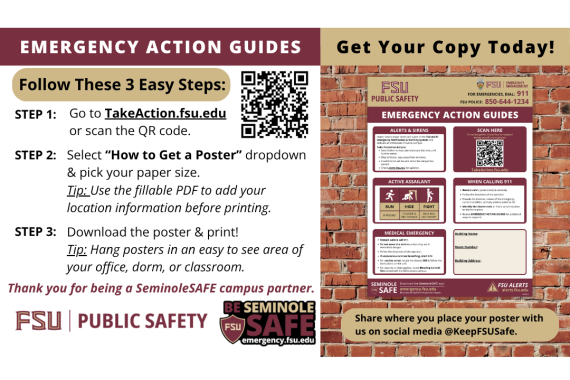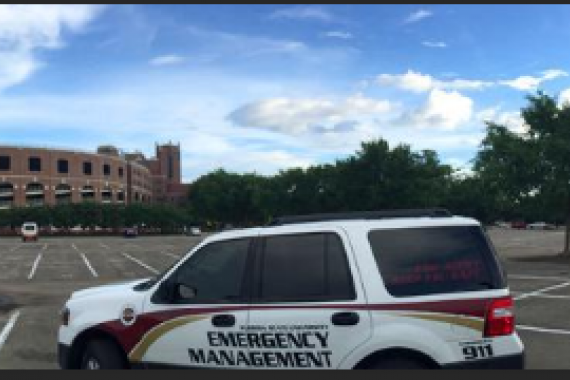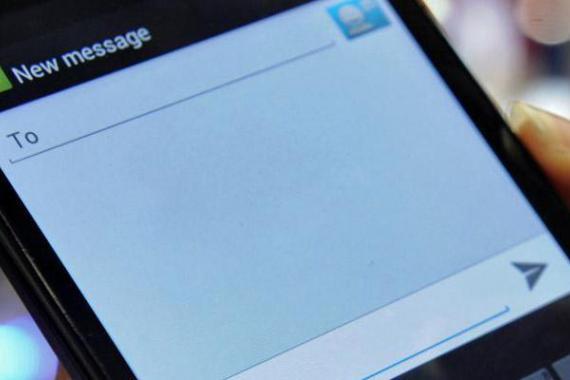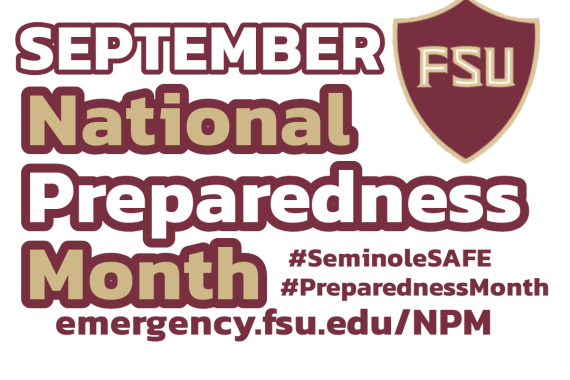Plan Ahead
Keep an eye on weather forecasts.
Anytime you are planning to spend time outdoors, be sure to check you local weather forecast beforehand. Lookout for any advisories, watches or warnings. Pay close attention to forecast temperatures over 95°F or heat index values over 103°F.
Schedule outdoor activities to avoid peak temperatures.
Dangerous heat conditions will most likely occur after Noon and before 8PM. Planning your outdoor activity for early mornings or late evenings is the best way to avoid the peak temperatures.
Get out of the sun. Find some shade.
In planning any outdoor activity, be sure to have ample access to shade, whether natural or man-made (e.g. pitch a tent). Direct sunlight will certainly make things a lot hotter and result in faster onset of heat-related illnesses. Otherwise, take advantage of air conditioning and stay indoors.
Make sure you have plenty of cool fluids on hand.
Staying well-hydrated is crucial to avoiding heat-related illness. Drink more water than usual; 2 to 4 cups every hour while working or exercising outside. Don't wait until you feel thirsty to drink more fluids. Avoid alcohol or drinks containing high amounts of sugar or caffeine. Remind others to drink enough water. Ice is always a nice treat.
Prepare some opportunities to get wet.
External cooling by wetting is a good way to cool off as well. If appropriate, plan for opportunities to get wet: swimming, misting fans, water guns, buckets of water, lawn sprinklers.
Dress the part.
Plan your wardrobe accordingly to include lightweight and light-colored clothing.
Don't forget the pets!
Make sure that you have a plan for pets as well. Pets who are used to being indoors and are not acclimated to the heat will be most at risk. Pets do not sweat and are unable to cool off as easily as humans.
Stay Cool
Keep your body temperature cool to avoid heat-related illness
- Stay in air-conditioned buildings as much as possible. Man invented air conditioning for a reason, enjoy it! If you don't have air-conditioning or its not working well, consider going somewhere else that does.
- Do not rely on a fan as your primary cooling device.
- Avoid direct sunlight.
- Take cool showers or baths.
- Check on those most at-risk twice a day.
Stay Hydrated
Because your body loses fluids through sweat, you can become dehydrated during times of extreme heat
- Drink more water than usual
- Don't wait until you feel thirsty to drink more fluids
- Drink from two to four cups of water every hour while working or exercising outside
- Avoid alcohol or liquids containing high amounts of sugar or caffeine
- Remind others to drink enough water
Stay Informed
Stay updated on local weather forecasts so you can plan activities safely when it's hot outside
- Follow Keep FSU Safe on social media
- Check current weather conditions on campus and in town
- Learn to recognize the signs and symptoms of heat-related illness
Additional information


